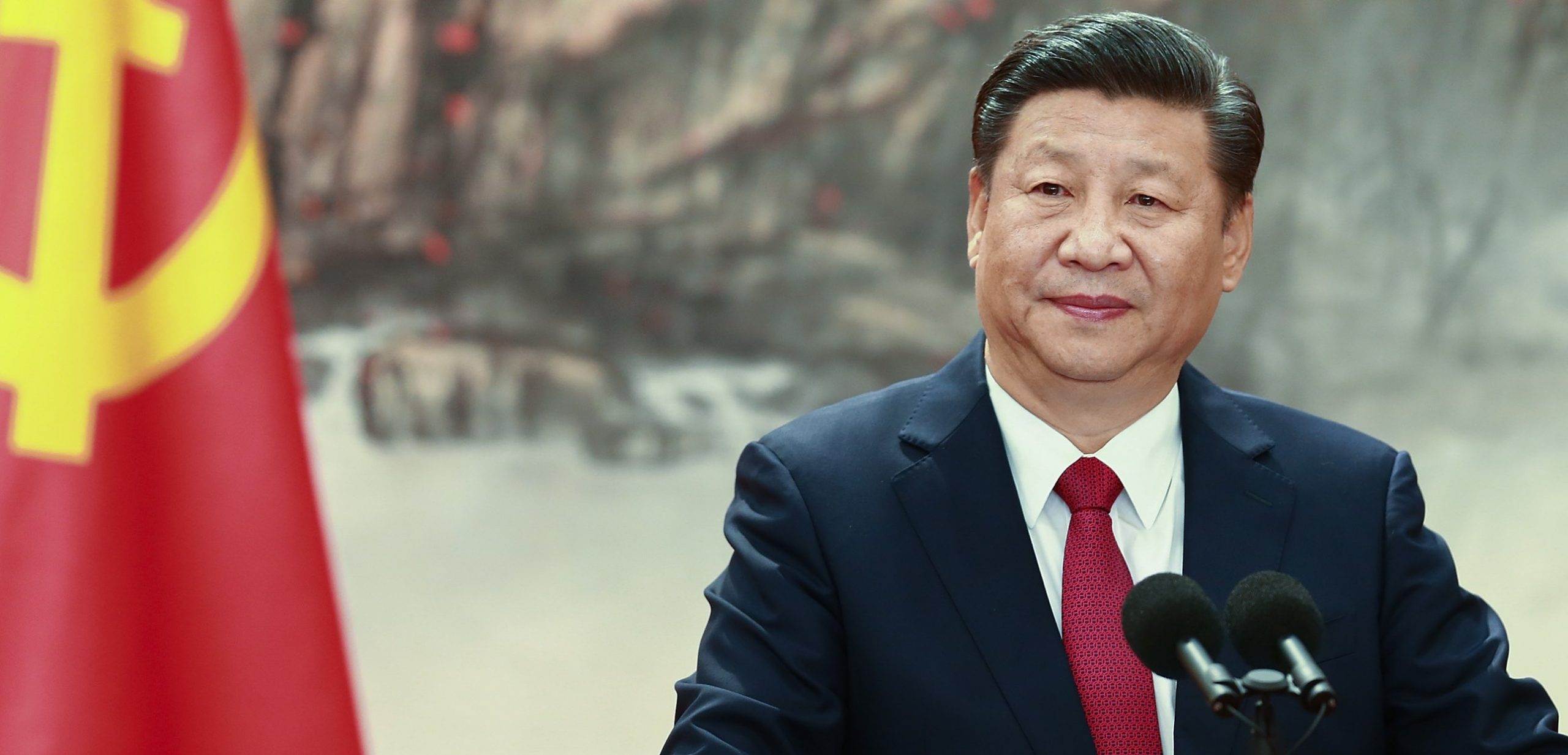As I posted recently, much of China’s recent belligerence is the result of the innate paranoia of communist regimes combined with the Middle Kingdom’s vanity and insularity. A “toxic mix of hubris, overreach, impetuosity and emerging panic” is gripping the Xi regime, observes commentator John Lee.
Beijing realises that it has shot itself in the foot, especially over the Wuhan pandemic. More and more countries are viewing its big-spending ‘soft diplomacy’ with well-deserved suspicion. The regime’s threats and bullying of smaller nations don’t do much to allay such suspicions.
But, more important than all of that, China’s superpower ambitions are racing against a demographic and economic ticking clock. China is rapidly becoming overwhelmingly geriatric and male. “Unless China’s planning on becoming the first gay superpower since Sparta”, as Mark Steyn says, its population will get old before it can get rich.
Looking at thriving megatropolises like Shanghai, it’s easy to forget that much of the population is still rural and poor. The middle-class and wealthy are concentrated in a narrow coastal strip.
But there’s a difference between ‘poor’ and ‘poverty’. It’s true that China has lifted the vast bulk of its population out of absolute poverty (i.e. living on less than US$1.90 per day). The Chinese rural peasantry are not rich, but they’re certainly better off.
And that’s creating yet another demographic roadblock to Beijing’s superpower ambitions.
A spate of worker unrest and rising wages in China suggest that the world’s fastest-growing country is very close to what economists call the ‘Lewis turning point’. The International Monetary Fund has predicted that China would reach this stage somewhere between 2020 and 2025.
The Lewis turning point is ordinarily an important turning-point in developing economies. It normally marks the point of transition of labour from agricultural and poor to industrialised and rich.
As seen in the West in the Industrial Revolution, the migration of labour from agriculture to industry is at first marked by exploitation and poverty.
The growth of the economy is driven by the modern sector with the support of unlimited supplies of labour, which is mainly drawn from the agricultural sector. This migrant labour force accepts low wages corresponding to the living standards prevalent in farming.
The modern sector (also called the capitalist sector) is able to reap profits and—helped by low labour costs—generate savings. The growing savings finance the capital formation for expansion.
But, as happened from the late 19th century, a turning-point is reached where the balance tips back to labour.
However, a point is reached when no more labour is forthcoming from the underdeveloped, or agricultural, sector and wages begin to rise. This is known as the Lewis turning point.
Normally, this would be an important transition point for a developing economy.
Normally.
China is not normal. It is still reaping the whirlwind of successive disastrous policy decisions made by the Chinese Communist Party over the last 70 years.
Demography, as they say, is destiny.
Due to various administrative measures taken by the government, such as the one-child policy, their demographic structure is changing and the amount of surplus labour is also decreasing.
China has also experienced labour strikes and shortages and wage increases in the past two years, prompting many researchers to debate whether the Lewis turning point had been reached.
For any country that reaches the Lewis turning point, its industrialised sector slows down as cheap labour is no longer available and consequently its growth too starts declining.
All of this is combining to make a demographic bomb that will torpedo Beijing’s dream of world domination. Its economy is in deep trouble as the supply of cheap labour dries up and there are fewer and fewer young workers to make up the shortfall. Meanwhile, the inverted pyramid of burdensome elders will dwarf the worst Baby Boomer problems of the West.
Add to that that, despite its self-image as the centre of “Sinic” civilisation, China has never managed to win hearts and minds in the same way America did in the 20th century. Even less so, post-Wuhan.
China is getting old, male and globally mistrusted – a trend that is only set to continue. Beijing might boast that “Without haste, without fear, we will conquer the world”, but that is looking more and more a braggadocious fantasy.
If you enjoyed this BFD article please consider sharing it with your friends.

